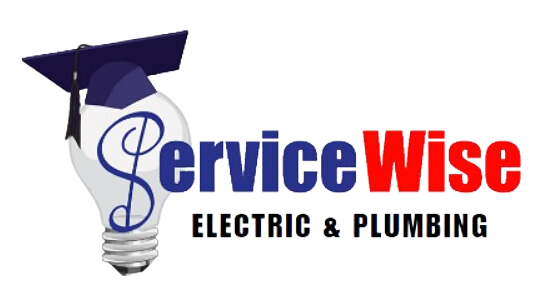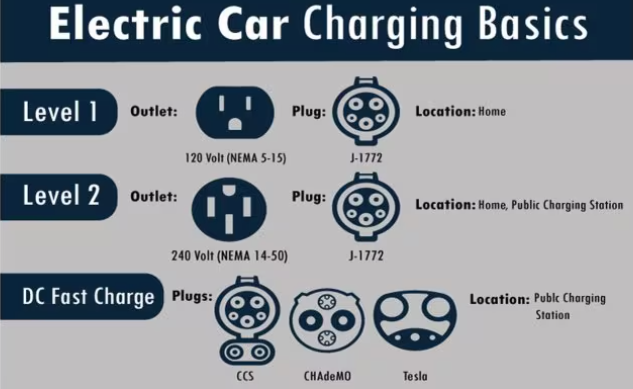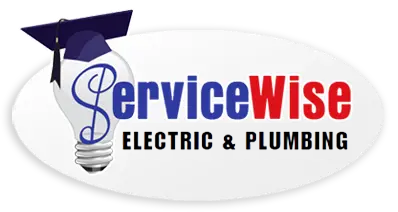5 Questions to Ask Your Electrician Before Installing an EV Car Charger at Home
As the popularity of electric vehicles (EVs) continues to rise, many homeowners are considering the installation of an EV car charger at their residences. While the process may seem straightforward, it’s crucial to consult with a qualified electrician to ensure a safe and efficient electric car charger installation service.
Before moving forward with your EV car charger project, here are five essential questions to ask your electrician:
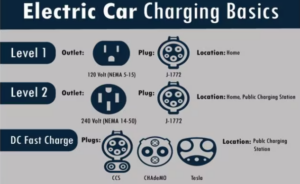
1. What type of charger is suitable for my needs? There are different types of EV chargers available, including Level 1, Level 2, and DC fast chargers. Your electrician can help you determine which type is most suitable for your specific requirements. Level 1 chargers use a standard 120-volt household outlet and provide a slow charging rate, while Level 2 chargers require a dedicated 240-volt circuit and offer faster charging. DC fast chargers, on the other hand, are primarily used for commercial applications due to their high charging capacity. Your electrician will consider factors such as your vehicle’s battery capacity, your daily driving habits, and available electrical capacity to recommend the best option.
2. Is my electrical panel adequate for the charger Installation? Installing an EV car charger may require additional electrical capacity. Your electrician will assess your existing electrical panel to determine if it can accommodate the charger’s power requirements. If modifications or upgrades are necessary, they will provide guidance on the recommended changes, such as installing a subpanel or upgrading your service.

3. What are the permit and code requirements? Permit and code requirements vary depending on your location. It’s essential to comply with local regulations to ensure a safe and legal installation. Your electrician will be familiar with the necessary permits and codes and can guide you through the process. They will ensure that all electrical work is performed according to the applicable standards, including proper grounding, wiring, and safety measures.
4. How will the charger installation impact my home’s electrical load? Adding an EV car charger to your electrical system will increase the overall load on your home’s electrical panel. It’s important to understand how this additional load may affect other appliances and circuits in your house. Your electrician will perform load calculations to ensure that your electrical system can handle the charger without overloading. They may recommend load balancing or other measures to optimize your electrical distribution.
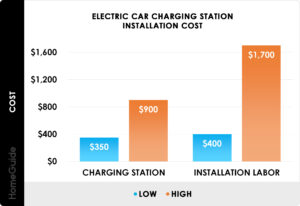
5. What are the charging costs and energy consumption? Installing an EV car charger will impact your electricity bill. It’s essential to have an understanding of the charging costs and the energy consumption associated with your charger. Your electrician can provide estimates based on your vehicle’s charging rate and your local electricity rates. They can also suggest energy management solutions such as time-of-use charging, which takes advantage of lower electricity rates during off-peak hours.
By asking these five essential questions, you can ensure a successful and well-informed EV car charger installation at your home. Remember, consulting with a qualified electrician, like Servicewise Electric of Atlanta, is crucial to ensure the safety, efficiency, and compliance of your charging infrastructure. Enjoy the convenience of charging your EV at home while making a positive impact on the environment.
